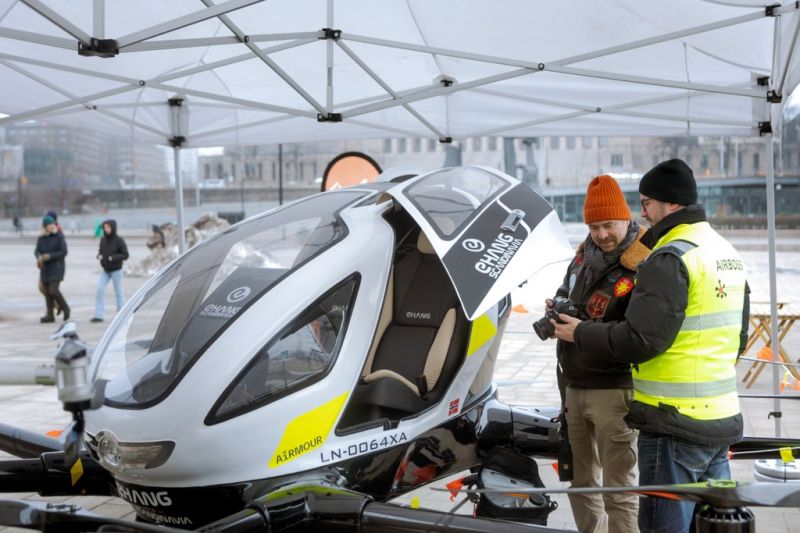The SESAR AiRMOUR research project has released a report on the evolvement of public and stakeholder acceptance (deliverable 4.6). It outlines common findings, such as a generally positive attitude amongst the public toward UAM, a general lack of knowledge on the topic, higher acceptance for emergency use cases and similar concerns, including safety and noise. It aims to assist the UAM industry and associated stakeholders, including cities, in identifying successful strategies for future engagement and advance development of UAM services that are acceptable to all.
This study shows the use of different engagement strategies, tested in demonstration events, which resulted in increasing the public acceptance of UAM over the time and, tentatively, readiness for widespread applications of drones.
To investigate the public’s perception on UAM risks, benefits and concerns a set of questionnaires and surveys was performed, independently and in conjunction with flight demonstrations.
A key finding of the study is the existence of a general positive attitude towards UAM. Yet more important it highlights a lack of knowledge on the topic among the general public. This might lead to a rejection of UAM despite a general positive attitude. Furthermore, public acceptance levels towards drones significantly differ for different use cases; the medical emergency use case was found to be the very acceptable, even though it was not the most accepted one.
Real-life demonstrations are effective in conveying the UAM concept and bridging the gap between UAM’s technological complexity and public understanding. Citizens expressed their concerns regarding drones operations regarding safety standards and trust in technology. A notable difference in the priority of concerns was recorded, respondents with less knowledge on UAM rated safety and privacy as their top concerns, whereas those with the highest knowledge on UAM rated social inequality and inner-city occupation due to infrastructure requirements as their top concerns. This finding suggest that greater awareness and effective communication on the potential benefits of drones are necessary to increase public acceptance of drones and UAM services.
The results of this study have important implications for policymakers and stakeholders in the UAM industry, providing insights into the public’s acceptance of these technologies and the factors that shape their attitudes towards them. One way to lead it positively and to further increase the overall acceptance of UAM could be with the encouragement of information campaigns tailored to specific target groups identified in this AiRMOUR acceptance study.
Read the report here
For more information visit:




